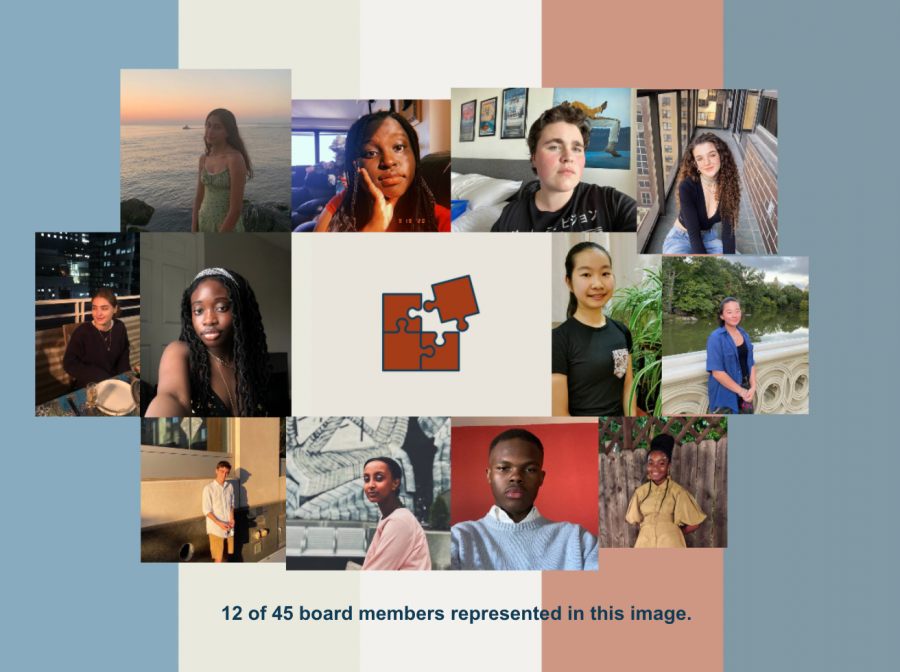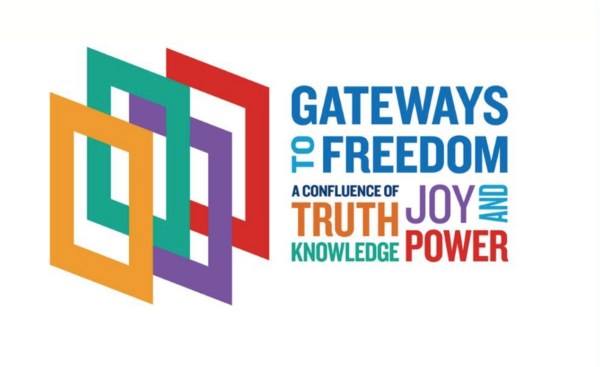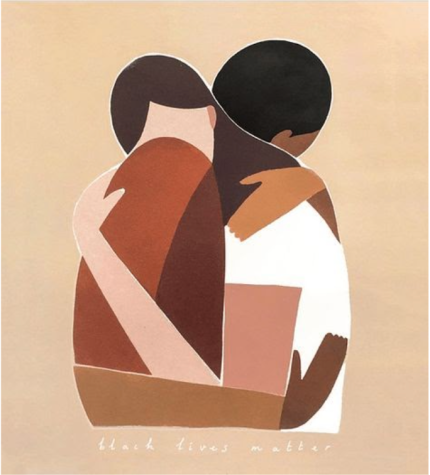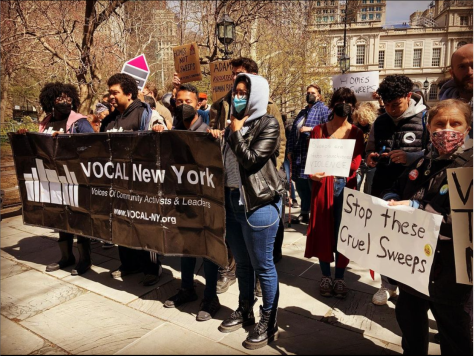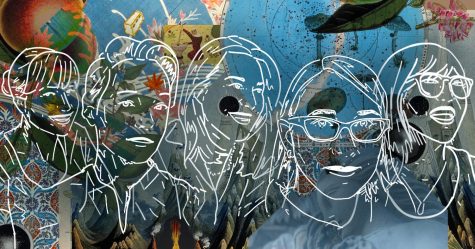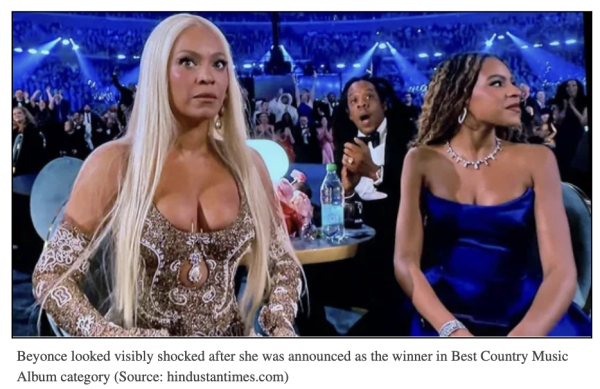EIB Explained – The Inside Scoop on the Group that’s Been Popping up on all of our Feeds
When the @blackatunis Instagram account first appeared, many in the UNIS community were taken aback that our school wasn’t the inclusive, tolerant safe haven they imagined it to be.
Dr. King-Calnek, Director of Diversity, Equity, and Inclusion, explained that, while unfortunate, these documented incidents shouldn’t be surprising. “We live in the world. In some ways, UNIS is a bubble, but in other ways, it very much isn’t,” she said, “We are part of the societies that we live in, work in, and come from. And the world is replete with inequalities. So, they’re going to filter in, even if we are unconscious of our own biases.”
Rokhaya Ndiaye (T3), recalls her own experiences as a Black student who’s been at UNIS since JA. For example, “last year, we were discussing microaggressions in Advisory. Suddenly a group of white boys started joking around about it, and I felt that that invalidated real and painful experiences of BIPOC students.”
She said that after the protests for racial justice sparked by George Floyd’s death broke out in June, “[she] just sat down for a good hour at 11 pm, wrote up a quick proposal, and sent the email to Dr. Brenner and around fifteen other administrators.” Though she didn’t know it at the time, this proposal would transform into the UNIS Equity and Inclusion Board (EIB) of which Ndiaye is now the chairperson.
The EIB’s mission resonated with many in the Tut House community. Its Instagram account quickly caught on, racking up 289 followers, more than any other student-led group. Speaking on the popularity of the group, EIB member Adji Diouf (T2) said, “More and more people are realizing that there need to be some serious changes implemented in the curriculum and the community in order for BIPOC to feel equal to their peers.”
Diouf decided to join the Board because “as a Black student at UNIS, there haven’t been many outlets that have allowed [her] to use [her] experiences to help educate people at UNIS.” Sophie Hafter (T4), the co-community outreach person for the EIB, agreed, saying, “I joined the EIB because I think that a student-led initiative like this is long overdue. I’ve been at UNIS for almost thirteen years and I have noticed flaws in the UNIS student body and administration regarding how they handle issues of racism, sexism, and other ‘isms.’’’
Hafter added, “Students often don’t feel like they have a person or place to go to to talk about, say, being discriminated against, without fearing discipline, or just being gaslighted. The EIB aims to be that place for students to go to if they don’t feel comfortable going to an adult.”
Among the activities planned are conferences every semester (this year’s theme is microaggressions), bringing in guest speakers from organizations like Diversify Our Narrative, and debriefs after the presidential election. Ndiaye also added that once the COVID-19 regulations permit, “we’ll start to plan celebrations of different cultural holidays and rallies on different topics.”
One of the ways the EIB is engaging with issues in the broader community is by spearheading a voter registration drive to ramp up civic engagement among UNIS students. Hafter said, “I launched the voter registration drive because I believe that it is our duty as American citizens to vote. It is our job to use our voices for those in this country who can’t vote.”
In fact, 18-29-year-old voter turnout in America has been historically low, even though in states like New York pre-registration is possible as early as 16. Hafter added that “civic engagement is incredibly important for teens and young people even before they can vote because ultimately if we don’t use our own voices, older generations will make decisions that will impact our future.”
After the presidential election, the EIB plans to run more voter registration drives for local elections, which are “just as important, but often get brushed under the rug,” said Ndiaye.
But the EIB’s longest-term and perhaps most impactful goal is to increase genuine diversity at the school. Ndiaye said, “I actually think that the group of students on the EIB is a great template for diversity. It represents not how UNIS is now, but what UNIS aspires to be.”

Hi! I'm Maya, and I'm in the class of 2023. I tend to write about Arts and Culture topics, and you can usually find me tuning in to the latest podcast...



